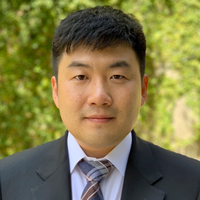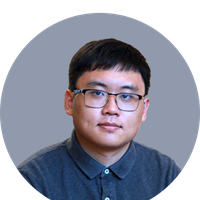Computer & electronics hardware
Jiazhong Hu
A new method of laser cooling that can directly cool the atoms into Bose-Einstein condensates.

Korea
Soonwon Choi
The second quantum revolution has just begun.

China
Qifan Yang
Microwave-rate microcombs used for precision spectroscopy.

Japan
Yoshimi Wie
Japan carries the largest elderly population in the world. Technology can help reduce the burden of excretion care.

Asia Pacific
Chih-Hwan Henry Yang
Silicon quantum dot-based spin qubits to world-leading performance.
